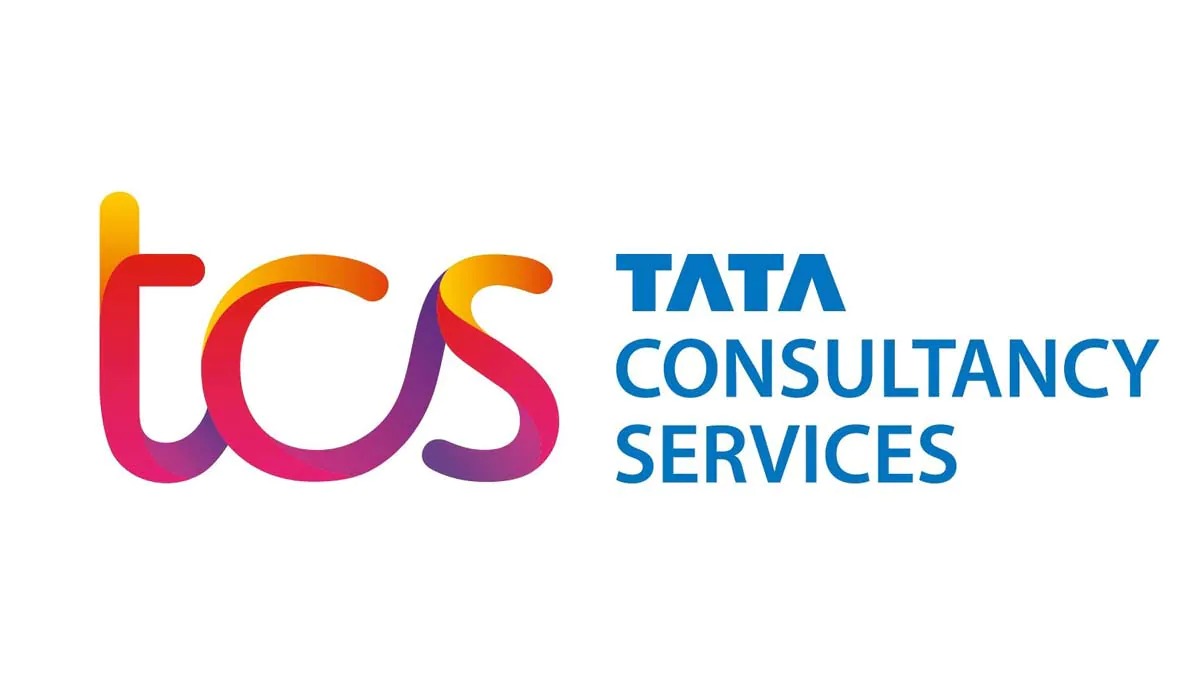 Image Source: Daily Jagran
Image Source: Daily Jagran
The Maharashtra government is actively considering a proposal to increase the maximum daily working hours for private sector employees from the current nine to ten hours. This prospective change aims to bring greater flexibility to workplaces, align state labor laws with international practices, and address concerns related to unpaid overtime work prevalent in many private establishments.
Key Highlights of Maharashtra’s Working Hour Proposal
Labour Minister Akash Fundkar confirmed the proposal is under study following presentation by the state labour department to the state cabinet.
The amendments would involve revising the Maharashtra Shops and Establishments (Regulation of Employment and Conditions of Service) Act, 2017, which governs working conditions in shops, hotels, entertainment venues, and businesses.
Increasing permissible overtime from the present 125 hours to 144 hours within a three-month period is part of the suggested changes.
Provisions related to continuous working hours are set for revision to include mandatory breaks, aimed at reducing employee strain.
The government plans to expand the scope of covered establishments, raising the employee threshold from 10 to 20 workers, thus including more units under regulatory oversight.
The proposal also considers allowing women employees to work during late hours once new labor codes are finalized, potentially increasing employment opportunities.
The government emphasizes no final decision has yet been taken and all suggestions remain under deliberation.
Context and Rationale Behind the Proposal
Officials have observed that many private sector workers currently work beyond the prescribed hours without receiving rightful compensation for extra time. The plan to extend daily working hours aims to legitimize and regulate existing work patterns, ensuring transparency and worker protection.
Labour Minister Akash Fundkar highlighted that the safeguarded introduction of longer shifts balanced with mandatory breaks would make workplaces more comfortable, particularly facilitating women’s employment without compromising health or safety.
Potential Impact on Employers and Employees
If approved, the amendment could offer private enterprises more operational flexibility in scheduling, helping align workforce availability with market demands. For employees, the regulation of overtime and breaks aims to address issues related to work-life balance.
Nevertheless, unions and worker rights advocates might raise concerns about the extension of work hours, emphasizing the need for strict implementation of overtime pay and protections against exploitation.
Comparison with International Practices
The move to extend working hours for private sector employees is seen as part of Maharashtra’s effort to harmonize state labor laws with global standards, where typical workdays often range from 8 to 10 hours with regulated overtime and rest periods.
By formally recognizing longer daily shifts with structured breaks, Maharashtra aims to modernize labor regulations reflecting evolving industrial and service sectors’ needs.
Next Steps in Policy Making
The state cabinet has sought additional inputs and data analysis from the labour department before finalizing decisions. Stakeholder consultations including employer bodies, trade unions, and civil society groups are anticipated to address concerns and suggestions.
Once finalized, amendments to the Shops and Establishments Act will require legislative approval and subsequent enforcement mechanisms to ensure compliance and fairness.
Conclusion
Maharashtra’s proposal to increase daily working hours in the private sector from nine to ten hours reflects a nuanced approach to regulating emerging work patterns while safeguarding employee welfare. The emphasis on extending overtime limits, revising continuous hours with breaks, and expanding coverage signals a comprehensive reconsideration aimed at flexibility and conformity to international labor standards. As deliberations continue, the policy aims to balance worker rights with business efficiency, reflecting modern workplace realities.
Sources: Moneycontrol, Economic Times, Mid-Day, Business Standard
Advertisement
Advertisement






